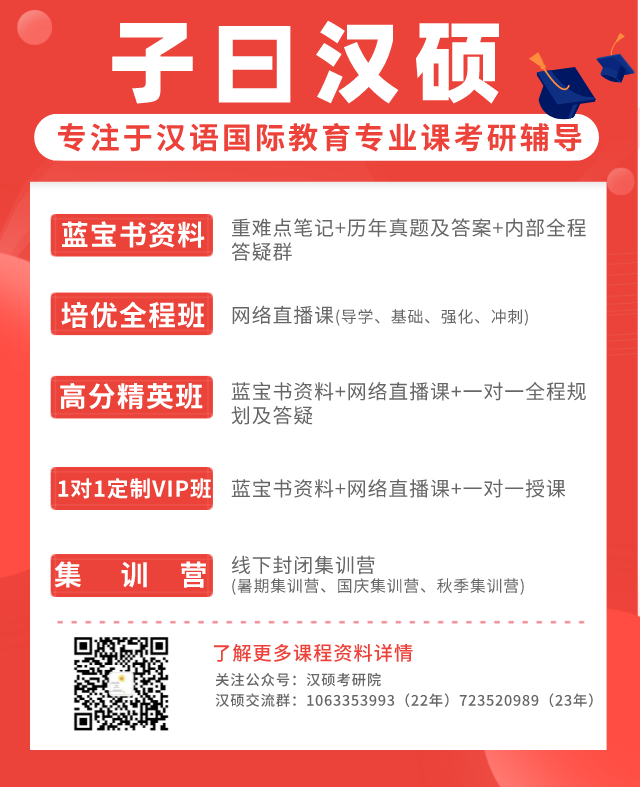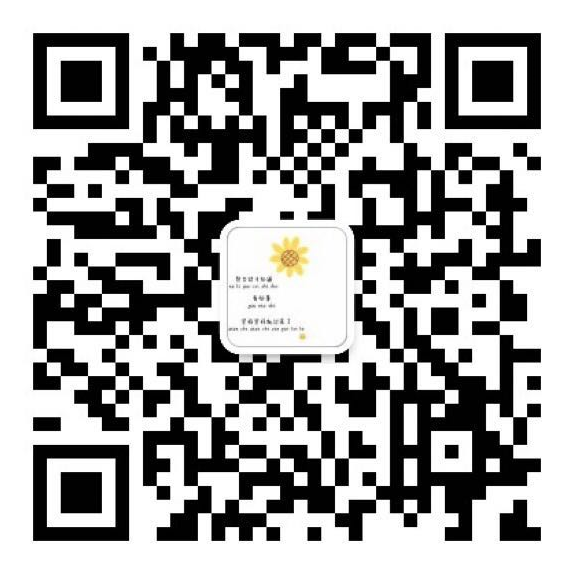正文阅读
“It comes from bacteria, and goes back to bacteria’: the future of plastic alternatives.
它来自细菌,又回到细菌中去":塑料替代品的未来。
When people think about plastic waste, they often think of the packaging that swaddles supermarket fruits and vegetables – shiny layers that are stripped away and thrown in the bin as soon as the produce is unloaded at home. It’s a wasteful cycle that California-based company Apeel says it can help end. The firm has developed an edible, tasteless and invisible plant-based spray for fruits and vegetables that works as a barrier to keep oxygen out and moisture in, increasing shelf life without the need for single-use plastic.
当人们想到塑料垃圾时,他们通常会想到包裹在超市水果和蔬菜上的包装——一层层锃亮的包装在农产品卸下后就被剥掉并且被扔进垃圾箱。总部位于加州的Apeel公司表示,它可以帮助结束这种浪费的循环。该公司已经开发出一种可食用的、无味的、无形的植物性喷雾,用于水果和蔬菜,作为一种屏障,防止氧气进入,增加保质期,从而不需要一次性塑料了。
It’s currently being sprayed on to cucumbers and avocados at retailers including Walmart. “We’re showing that you can actually reimagine a food system that’s not built on the foundation of single-use plastic”, said the CEO, James Rogers. Apeel, which is valued at $2bn, is part of a wave of startups and scientific projects racing to develop materials that could help replace traditional single-use plastics. Their production methods and applications vary widely, but their stated aim is the same: to end the scourge of plastic waste.
目前,包括沃尔玛在内的零售商正将它喷洒在黄瓜和牛油果上。该公司首席执行官詹姆斯·罗杰斯说:"我们正在表明,实际上你可以重新构想一个不以一次性塑料为基础的食品系统。估值20亿美元的Apeel是一波初创企业和科研项目竞相开发可帮助取代传统一次性塑料的材料的浪潮中的一员。它们的生产方法和用途千差万别,但它们的既定目标是一样的:结束塑料垃圾的祸害。
Since the 1950s, the world has produced an estimated 8.3bn tonnes of plastic, nearly two-thirds of which has ended up in landfill or leaching into soil, rivers and oceans; choking wildlife. Plastics are a driver of the climate crisis – the vast majority are made from fossil fuels and if global production continues on current trends, plastics may account for about 20% of oil consumption by mid-century.
自20世纪50年代以来,全球已生产了约83亿吨塑料,其中近三分之二最终被填埋或渗入土壤、河流和海洋,并窒息了野生动物。塑料是气候危机的一个驱动因素——绝大多数塑料是由化石燃料制成的,如果全球生产继续保持目前的趋势,到本世纪中叶,塑料可能占石油消费的20%左右。


